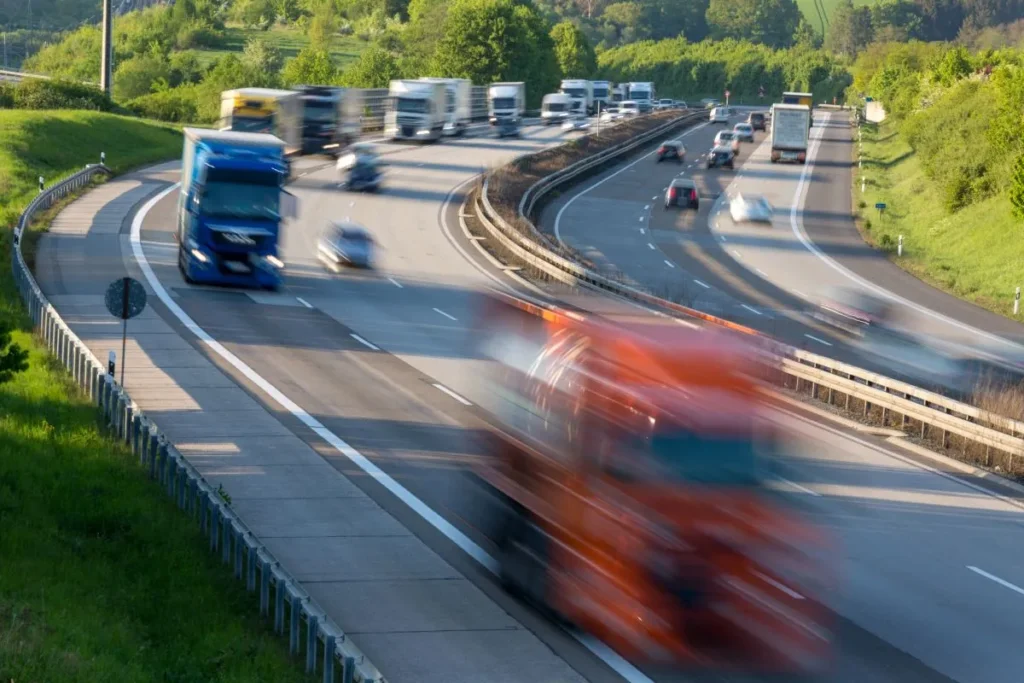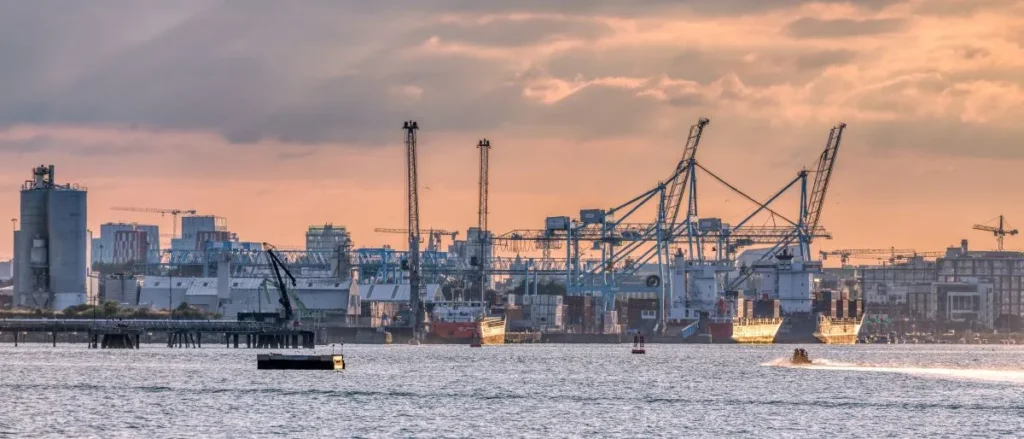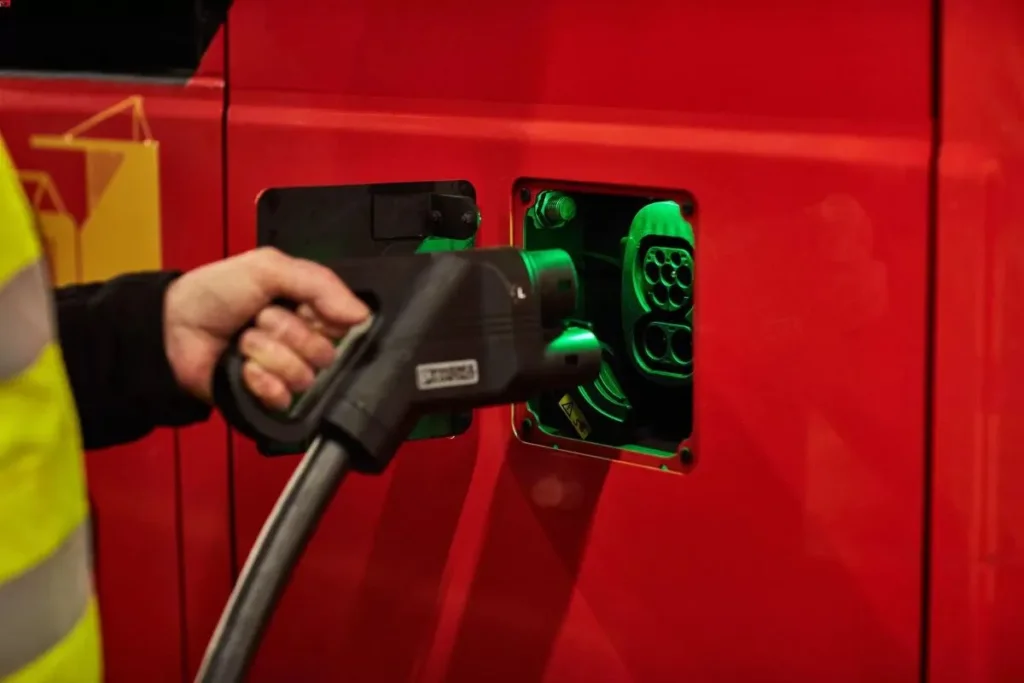On Tuesday 21 November, the European Parliament ended almost a year of debate on the CO2 emissions regulations from heavy-duty vehicles by adopting its negotiating position with 445 votes in favour, 152 against and 30 abstentions.
MEPs want tough CO2 emission reduction targets for medium and heavy-duty trucks, including vocational vehicles (such as refuse trucks, tippers or concrete mixers) and buses. The targets would be 45% for 2030-2034, 65% for 2035-2039 and 90% from 2040.
The votes show that the European Parliament agrees with the Commission’s proposal to allow only new zero-emission city buses to be registered from 2030 and to propose a temporary derogation (until 2035) for city buses running on biomethane under strict conditions. These strict conditions mean that the standards should be extended to cover the 20% of heavy-duty vehicle sales that the Commission had proposed to exempt, such as waste and construction vehicles and small trucks used in EU cities.
“The transition to zero-emission trucks and buses is not only key to meeting our climate goals, but also a key driver for cleaner air in our cities. We are providing clarity for one of Europe’s most important manufacturing industries and a clear incentive to invest in electrification and hydrogen. We are building on the Commission’s proposal by broadening the scope and adjusting some targets and benchmarks to catch up with reality, as the transition is happening faster than expected,” said rapporteur Bas Eickhout.
The next step for the European Parliament is to start discussions with EU governments on the final shape of the legislation.
“MEPs throw lifeline to the oil industry,” T&E says
The automotive sector was quick to react to the European Parliament’s decision. One of Europe’s largest clean transport campaign groups, Transport & Environment (T&E), immediately called on EU environment ministers and the Commission to maintain their opposition to the loophole, which would result in diesel trucks being sold for decades and undermine the EU’s net zero targets.
“Biofuels and e-fuels won’t decarbonise heavy duty vehicles, but they will allow as many diesel trucks as possible to be sold for decades to come. Oil companies have lobbied hard for this loophole to maintain demand for their fuel. We call on the Council to block this lifeline for the fossil fuel industry,” said Fedor Unterlohner, T&E’s freight manager.
According to T&E, the European Parliament’s decision to extend the standards to 20% of heavy vehicle sales sends a clear message that a fifth of polluting lorry sales should no longer be exempt from climate regulations.
“The days of polluting diesel trucks are numbered. MEPs and governments agree that almost all diesel HDV sales should end by 2040. Negotiators should reject the fuel loophole and finalise the legislation without delay, so that the automotive industry can invest in zero-emission trucks with certainty,” Fedor Unterlohner added.
The European Automobile Manufacturers’ Association (ACEA) has also had its say on yesterday’s EP vote – understandably from a different angle to T&E.
“For truck and bus manufacturers, the question is not if, but how fast we can decarbonise. We’re playing our part by providing the vehicles and technology to make Europe’s road transport fossil-free by 2040. However, failure to address the enabling conditions will not only slow down our sector’s green transition but also threaten our global competitiveness,” said Sigrid de Vries, ACEA Director General.
ACEA believes that manufacturers are investing billions in zero-emission technologies for battery electric and hydrogen vehicles, the technology is available and mass production is rapidly increasing. However, the near-absence of charging and refuelling infrastructure and the lack of effective carbon pricing schemes and support to replace conventional models with zero-emission alternatives are major barriers to the transition.
“Manufacturers are doing their best to decarbonise, but they rely on enabling conditions that are largely beyond their control. Policymakers must recognise this in the CO2 regulation and ensure an incentivising policy framework that accelerates the greening of road transport,” De Vries added.
According to ACEA, the co-legislators in the trilogue negotiations should establish an annual monitoring of enabling conditions at Member State level. Close monitoring is essential to ensure that any shortcomings in infrastructure deployment or other enabling conditions are promptly addressed.
“In the absence of these robust enabling conditions, penalties for non-compliance by manufacturers would be highly unfair,” the organisation stresses.



